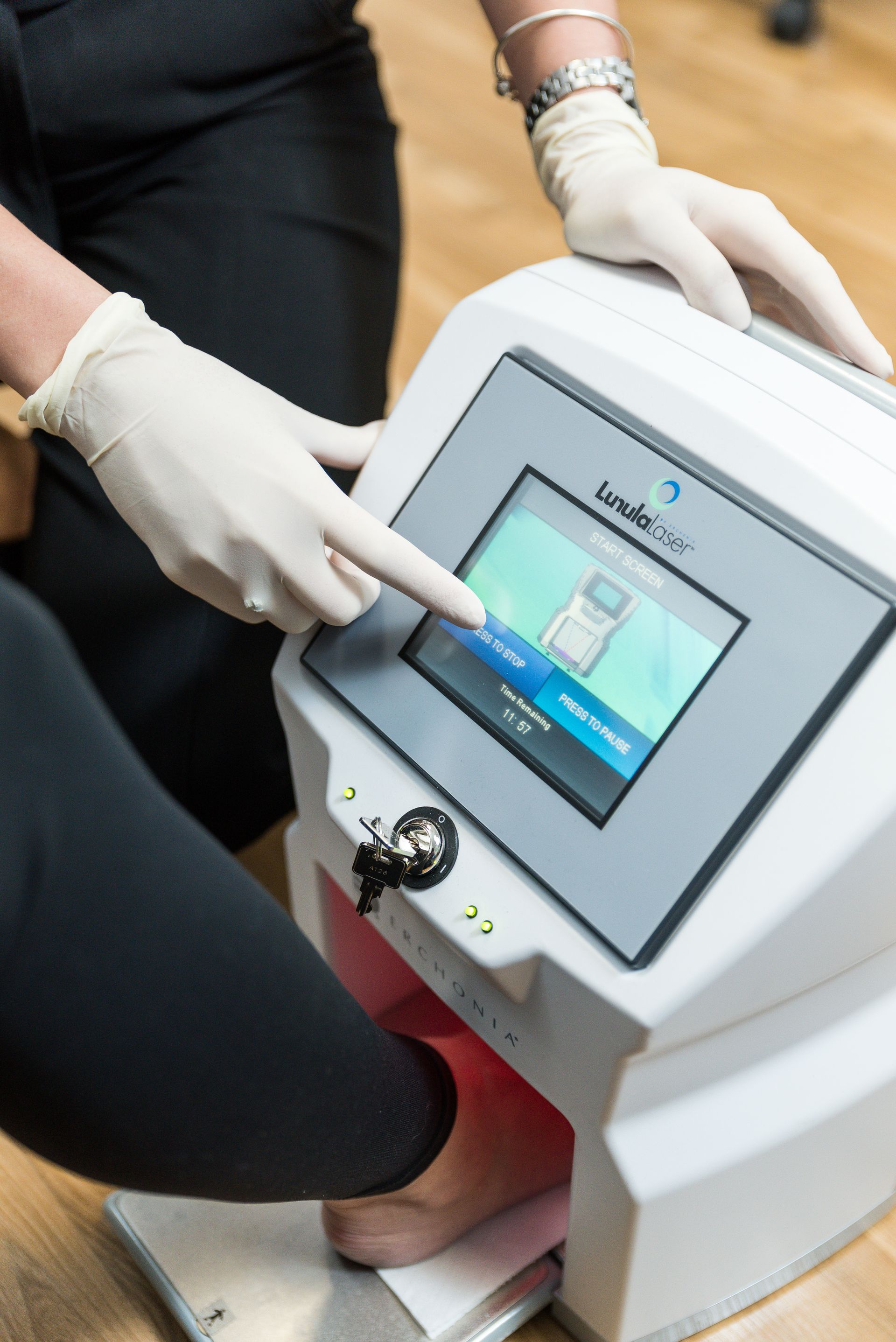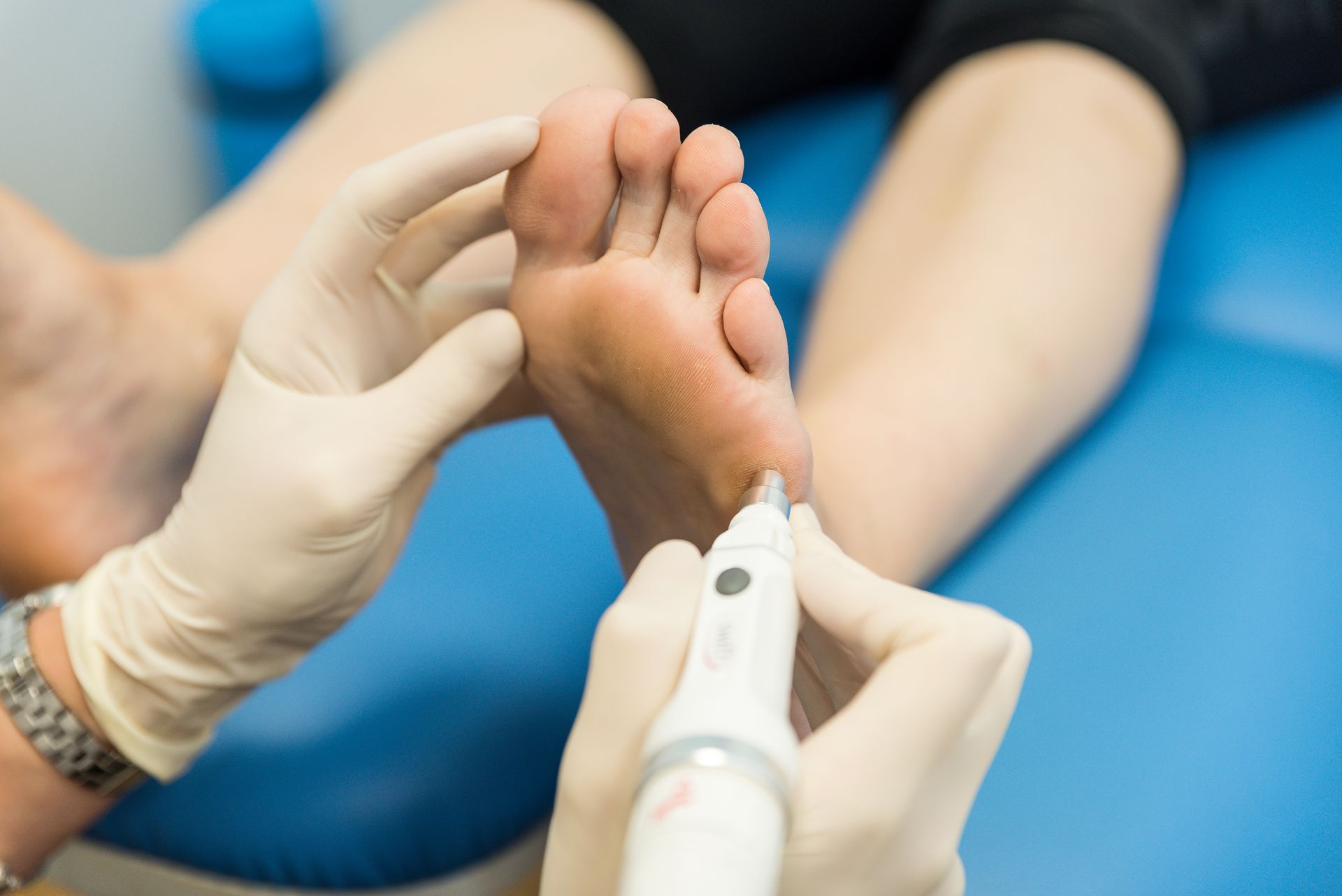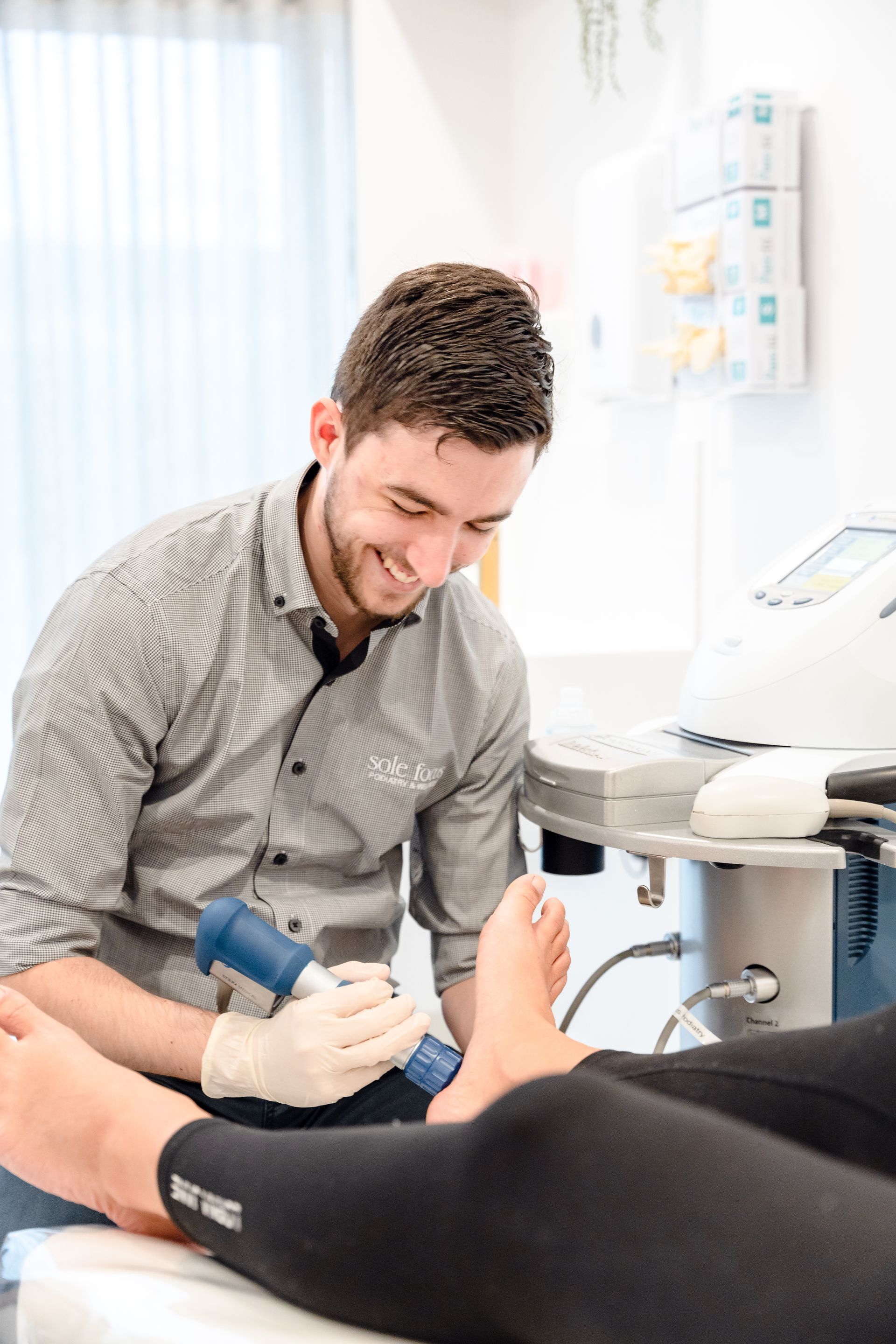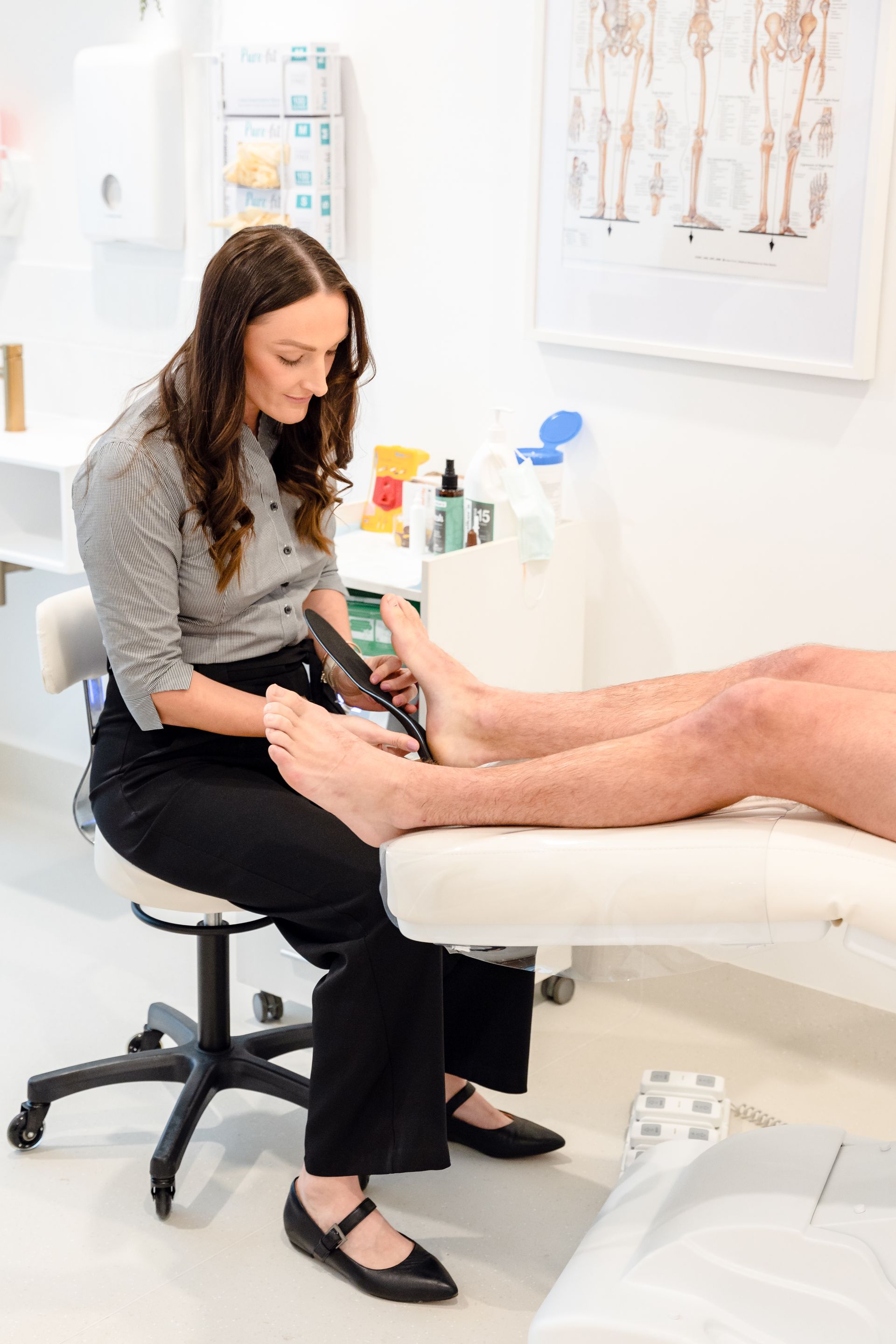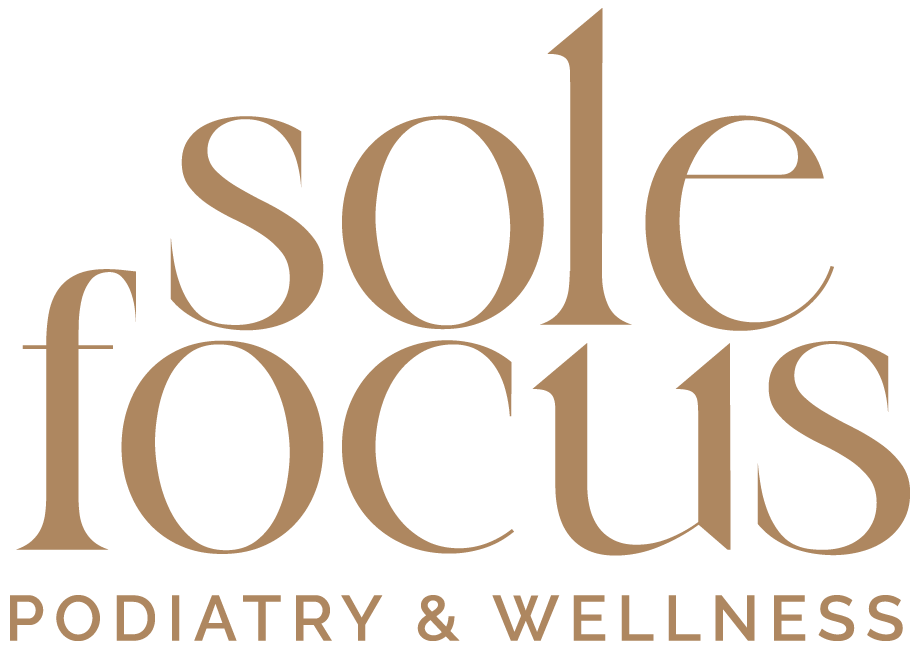Prolotherapy, also known as proliferation therapy, is an injection-based treatment that involves injecting an irritant solution into a joint, ligament, or tendon. This irritant solution is typically a mixture of dextrose, a form of sugar, and a local anaesthetic. The injection is thought to work by causing inflammation in the injected area, which triggers the body's natural healing response. This healing response helps to repair and strengthen the damaged tissues.
Conditions that prolotherapy may be used to treat include:
- Chronic pain: Prolotherapy is often used to treat chronic pain that is not well-controlled by other treatments, such as medication or physical therapy.
- Arthritis: Prolotherapy can be used to treat arthritis of the foot, ankle, or knee.
- Tendinitis: Prolotherapy may be used to treat tendinitis of the foot, ankle and other tendons.
- Ligament sprains: Prolotherapy can be used to treat ligament sprains of the knee, ankle, and other joints.
- Muscle strains: Prolotherapy may be used to treat muscle strains in the calf and other areas.
Prolotherapy is performed in the clinic. The number of injections needed will vary depending on the severity of the condition being treated. Most people experience some soreness and swelling at the injection site after treatment. This usually goes away within a few days.
Prolotherapy is a safe and effective treatment for many chronic musculoskeletal conditions. However, it is important to note that prolotherapy is not a cure-all and may not be effective for everyone. If you are considering prolotherapy, it is important to talk to the Podiatrist to see if it is right for you.
A biomechanical assessment is an investigation into your lower limb function. It involves a number of key elements and tests that are used to obtain a clear overview of the body’s movement behaviour, restrictions and possible compensations that are taking place.
The different elements that make up a thorough biomechanical assessment include:
- Joint range of motion testing
- Muscle strength testing
- Static postural assessment
- Dynamic assessment (walking/running analysis)
- Functional testing (review the body’s ability to perform certain movements)
- Flexibility testing (muscle elasticity)
The results of a biomechanical assessment are used to generate a diagnosis and treatment plan.

